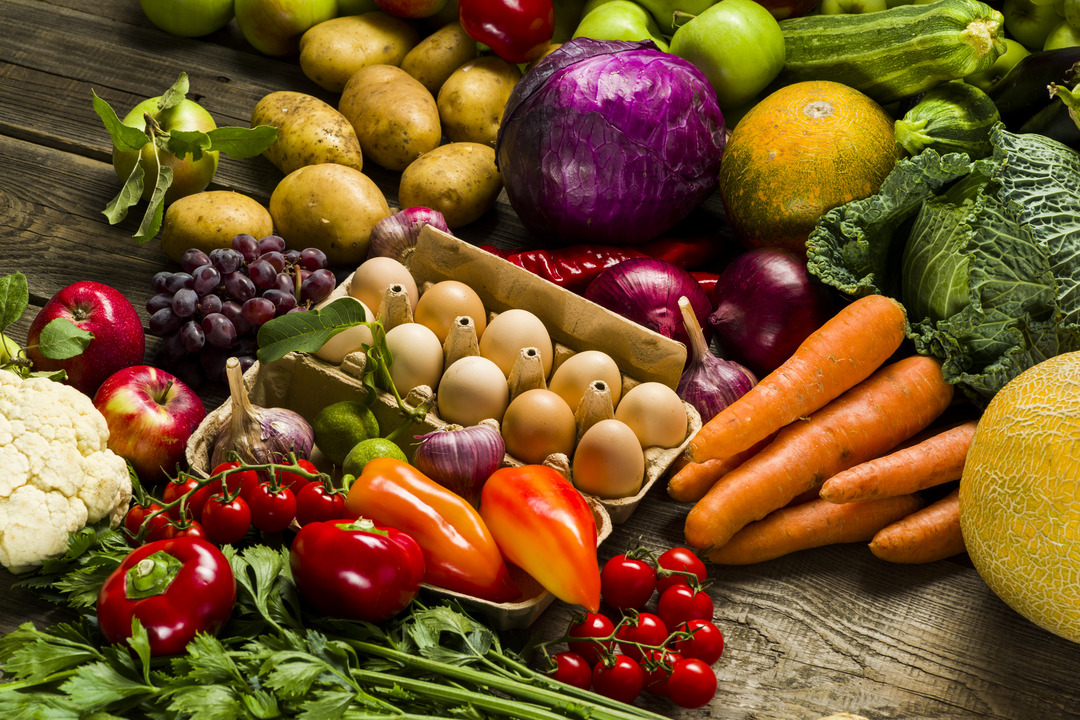
Smart products and smart minds
Our products ensure people stay healthy as well as animals and plants. They make materials more durable and safer. To drive our innovations forward, we rely on know-how, curiosity and talent. Our environment and sustainable products and processes are also important issues for us. To meet all the challenges, we are always looking for good employees. Interesting careers are possible in chemical companies - also and especially at LANXESS.
Explore our Company and Products
Stay up-to-date
Curious now? Subscribe to our Inside LANXESS newsletter and stay up to date.





